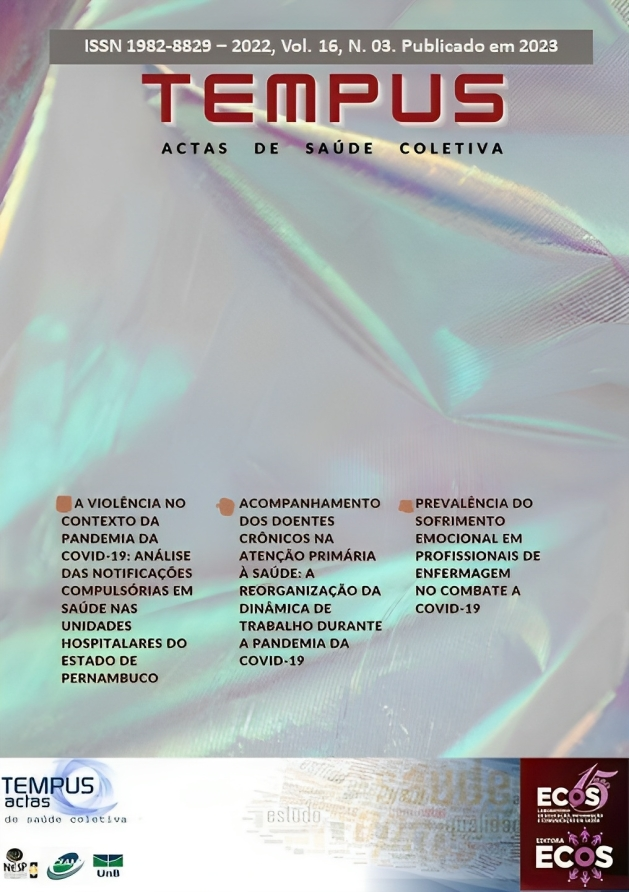Abstract
The Covid-19 pandemic has proved to be one of the greatest health challenges of all time. In times of crises and pandemics, Big Data emerges as a beneficial and essential tool both from an economic and scientific point of view, especially in the scenario we find ourselves in: absence of drugs with clinically proven effectiveness against the new virus. In this context, networking, open sharing of research data, as well as the rapid identification of specialists in specific areas of science become increasingly important. The Lattes Platform is the main curriculum repository for professionals and specialists in Brazil, making it possible to extract various information from them, such as the institution where they work, projects, research lines, scientific and technological productions, among others. Based on the mapping of these curricula, a comparative study was carried out in two moments (2020 and 2021) in order to analyze the evolution of the scientific scenario in the country of specialists in Covid-19. To facilitate the identification, extraction and treatment of this information, the computational tool ScriptLattes was used. A substantial increase in the number of CVs on the platform was observed after a year of the pandemic, as well as the number of projects started, complete articles published in journals, guidelines. In both cases, there was also a predominance of specialists in the southeast region of Brazil. The results proved to be efficient due to data processing and the procedure could be replicated in several areas of science.
A Tempus garante critérios rigorosos, por meio de avaliação sistemática. Os autores se responsabilizam pela veracidade e ineditismo do trabalho cabendo a eles a cessão de direitos de publicação à revista. A confiabilidade dos conteúdos e a marca própria de apresentação tem como objetivo uma comunicação personalizada, adaptada aos padrões da revista, na medida em que adota critérios de excelência exigidos por seus usuários e especialistas, considerando os rigores da comunicação científica. Os autores devem especificar sua contribuição individual na concepção, delineamento, execução do trabalho, análise ou interpretação dos dados, redação e aprovação final do manuscrito. Incluir Fontes de financiamento e de apoio logístico das pesquisas. Ao final da submissão do artigo, os autores devem enviar uma declaração de cessão de direitos de publicação à Revista TEMPUS , assinada e no formato PDF (Portable Document Format ): Modelo da declaração de cessão de direitos.
